Researchers in Canada using algae to produce low-cost Covid-19 test kits
Sat 02 May 2020, 10:42:06
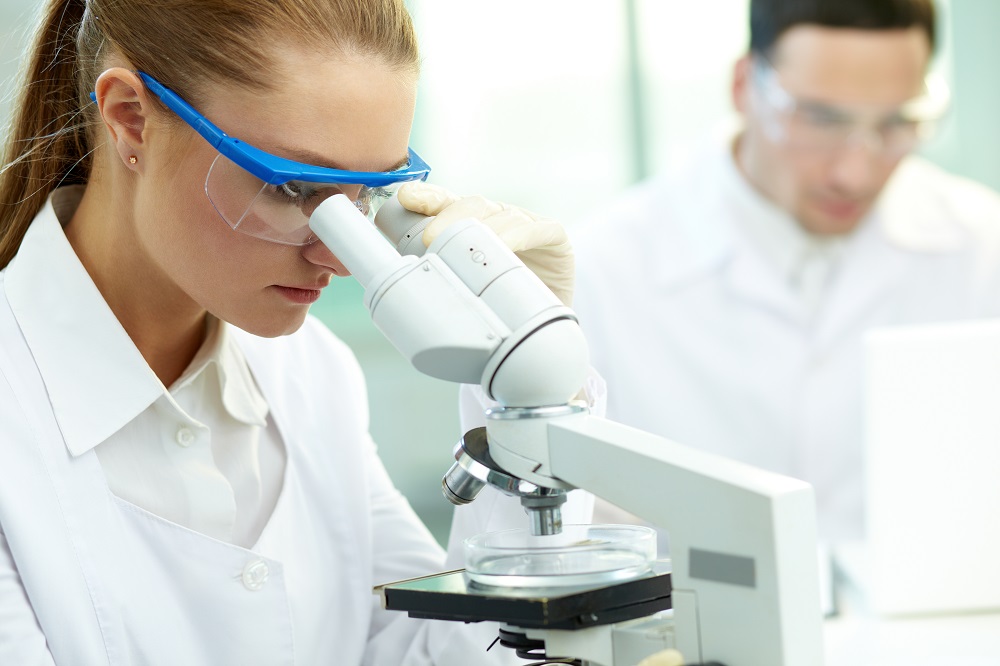
According to the researchers from the University of Western Ontario in Canada that the new method overcomes shortfalls of existing processes while saving money.
The team collaborated with Canadian integrated energy company Suncor to develop algae as a production factory to make necessary proteins to identify COVID-19 antibodies in someone previously infected with the
disease.
disease.
The researchers noted that one of the limiting factors in developing large-scale serological testing is the ability to make significant quantities of the viral proteins on a cost-effective basis.
According to the researchers, algae are cheap to grow and can easily be engineered to produce the viral proteins.
No Comments For This Post, Be first to write a Comment.
Most viewed from Coronavirus Updates
Most viewed from Health
AIMIM News
Latest Urdu News
Most Viewed
May 26, 2020
Should there be an India-Pakistan cricket match or not?
Latest Videos View All
Like Us
Home
About Us
Advertise With Us
All Polls
Epaper Archives
Privacy Policy
Contact Us
Download Etemaad App
© 2026 Etemaad Daily News, All Rights Reserved.

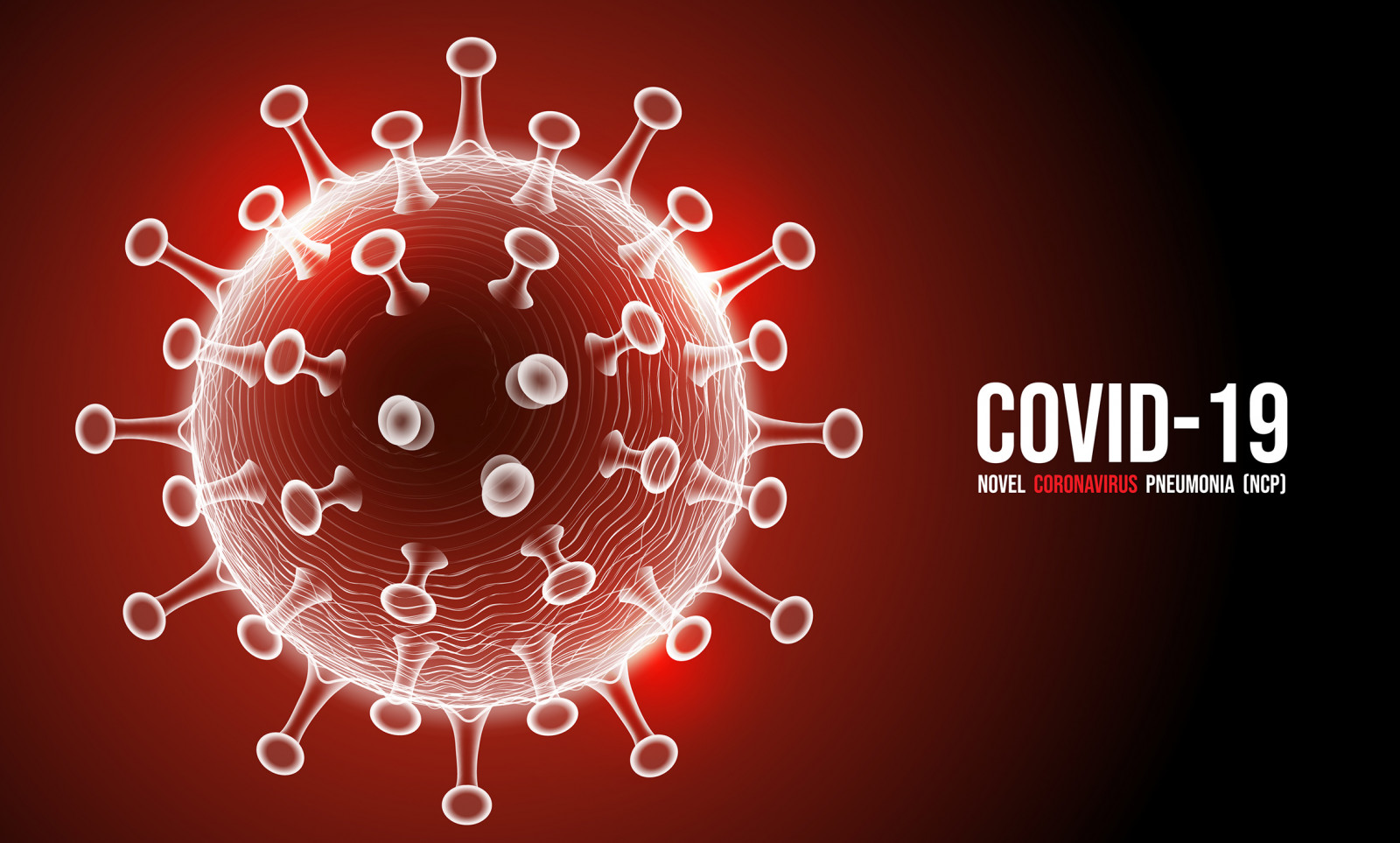


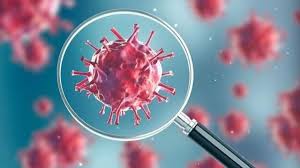



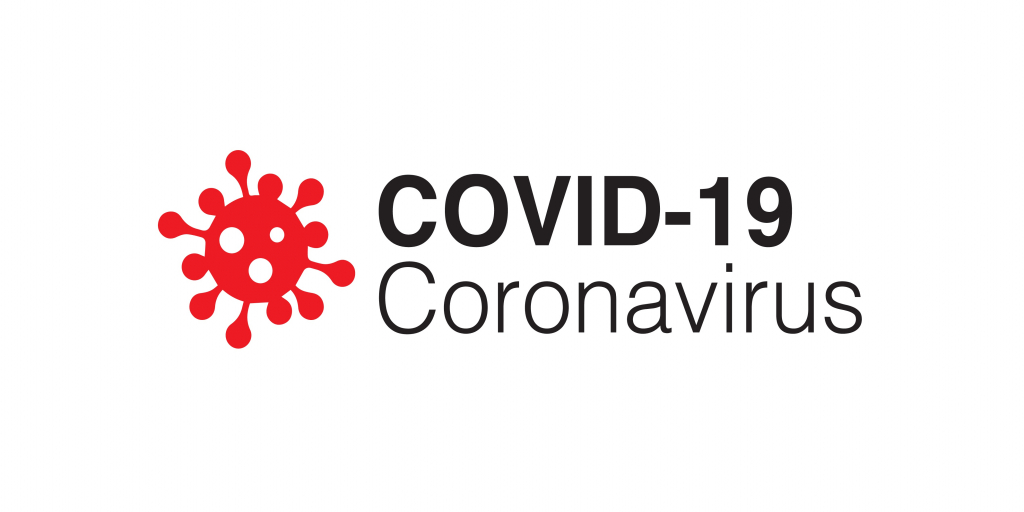
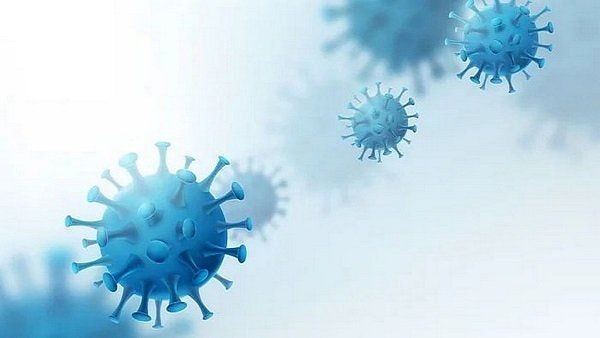
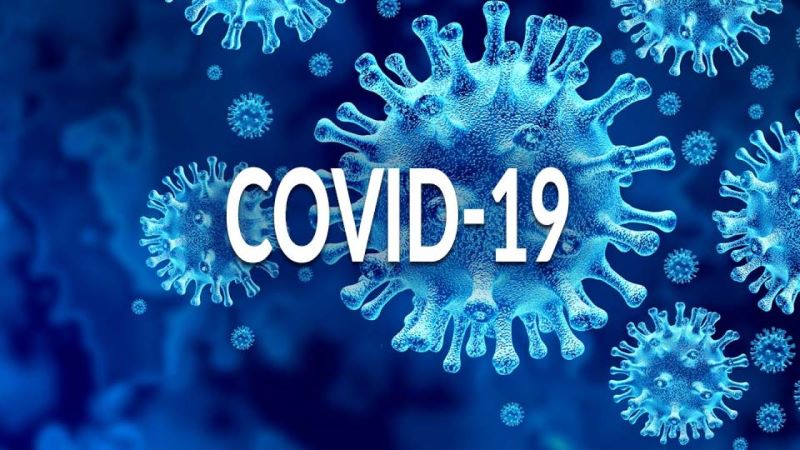
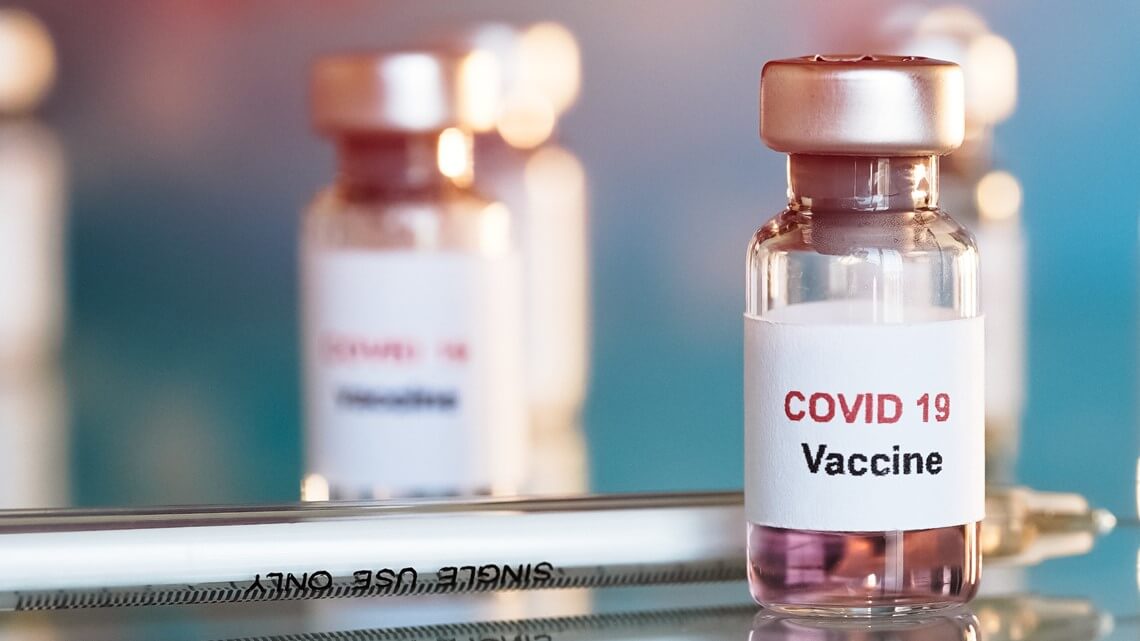
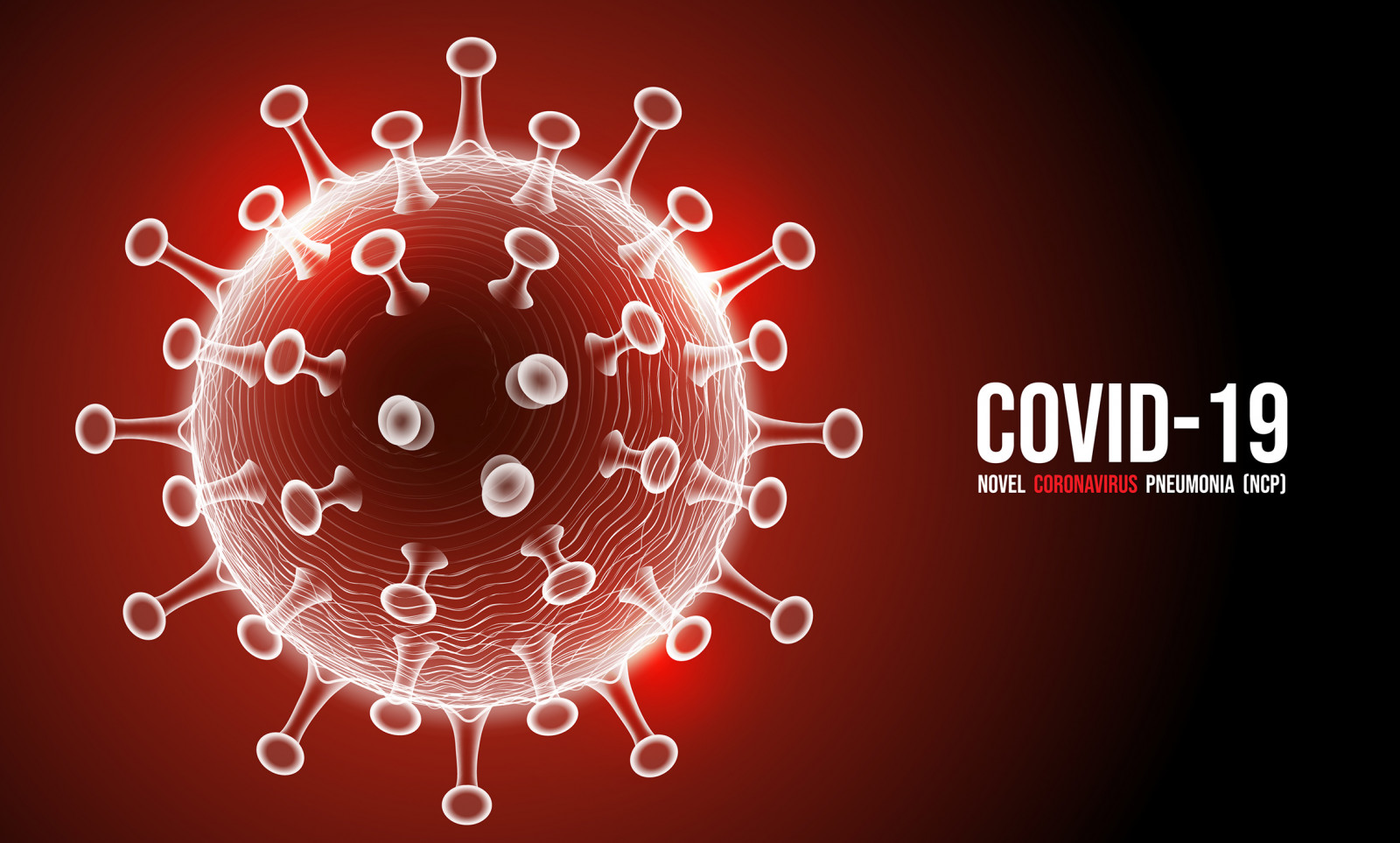

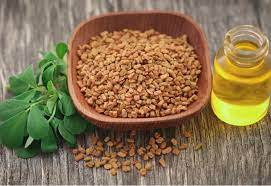
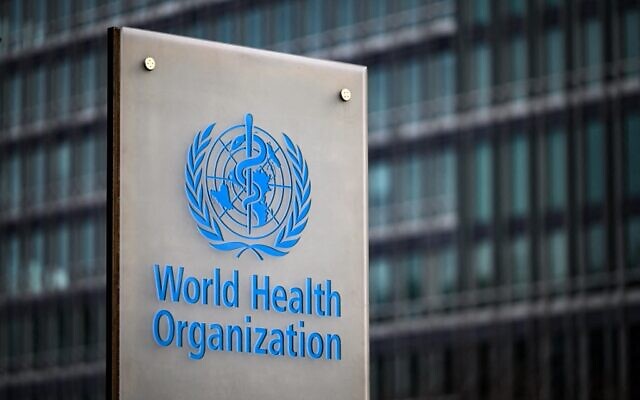

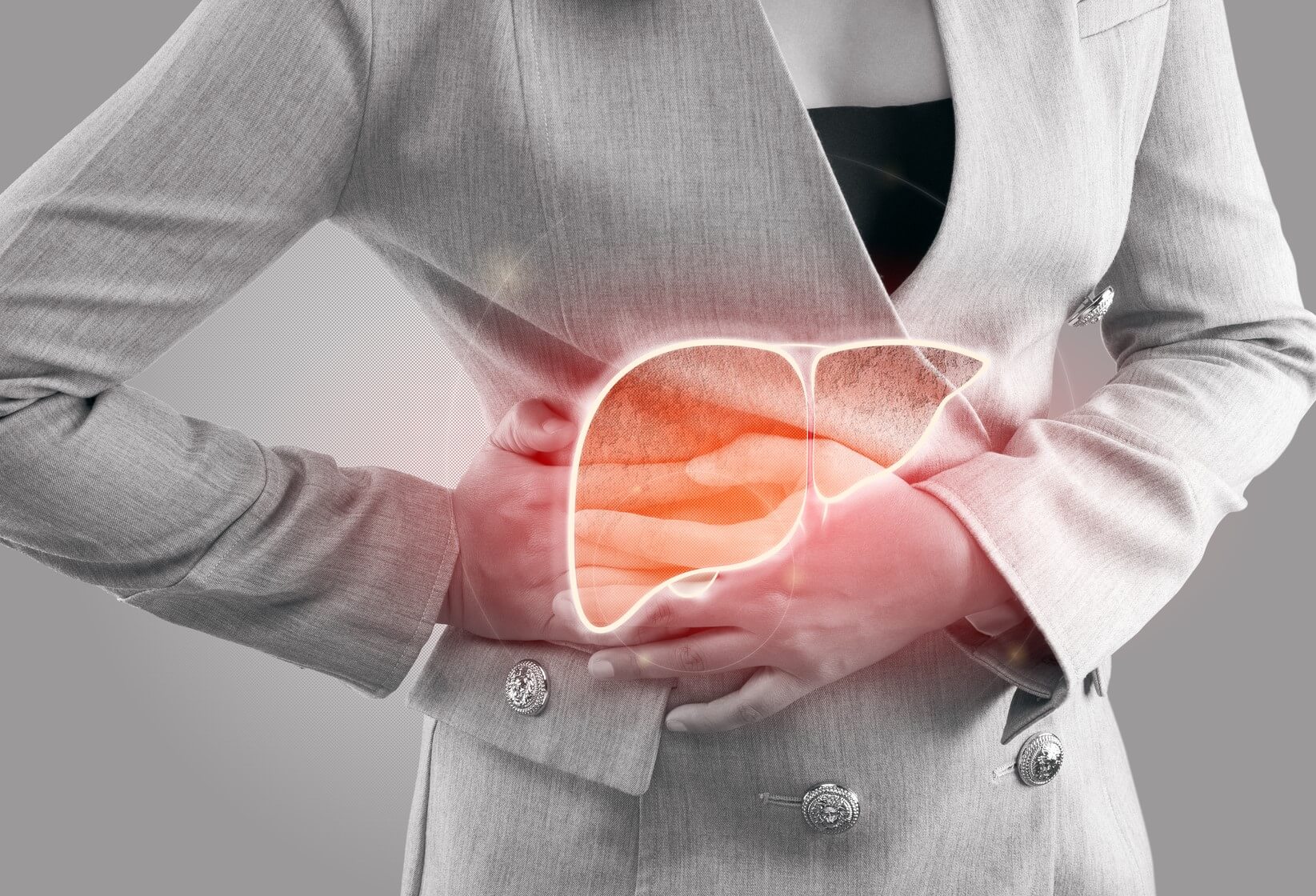

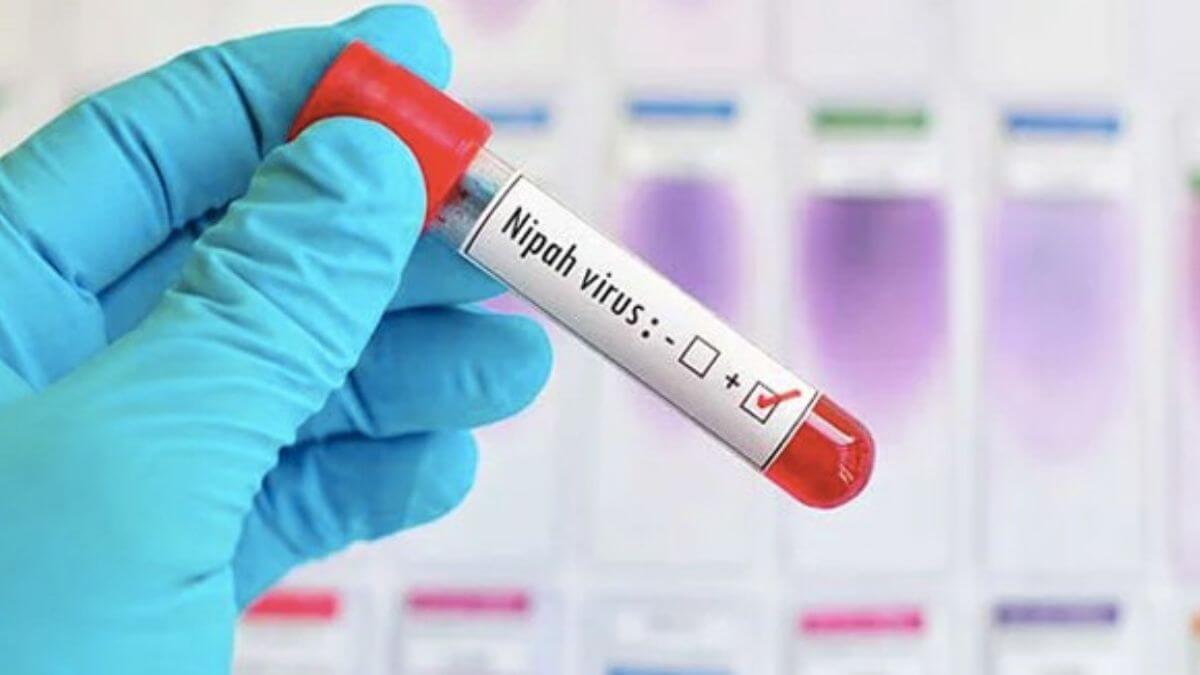



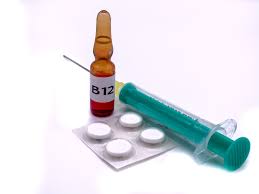













.jpg)
.jpg)
.jpg)


